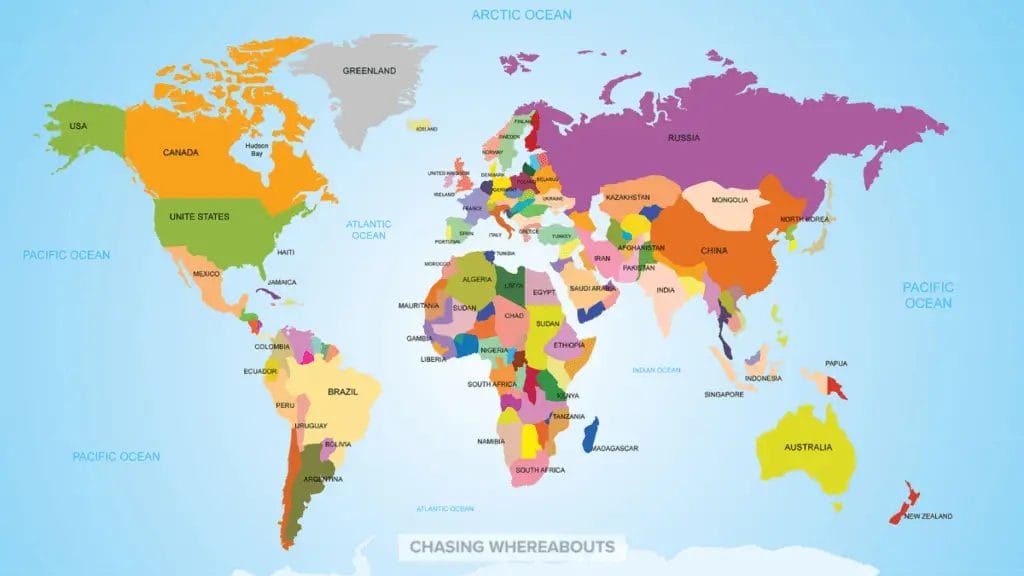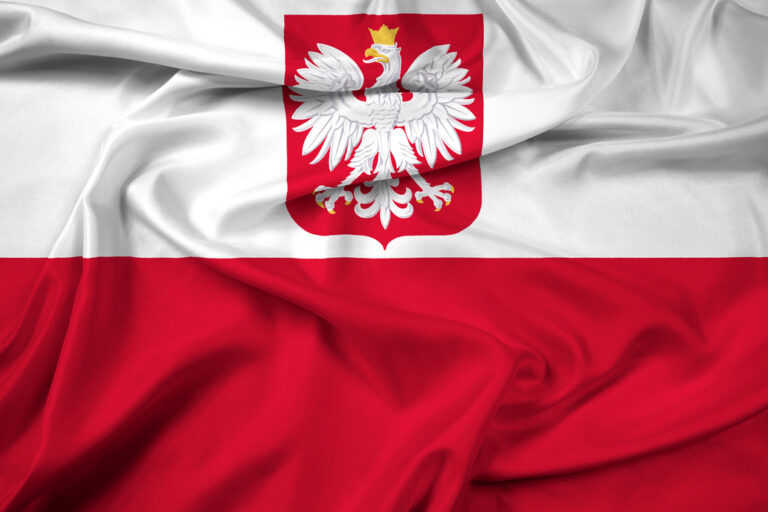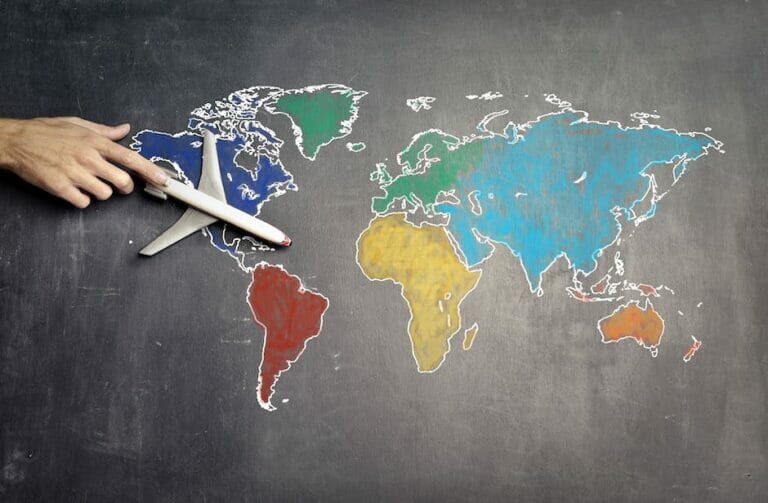Are Europe and Asia One Continent? Comprehensive Guide
Have you ever wondered whether Europe and Asia are one continent or separate continents or one large landmass? This question has been debated for centuries, and the answer is not as clear-cut as you might think.
In this blog post, we will explore the different perspectives on this topic and try to understand why this question is so difficult to answer.
First, it is essential to understand what defines a continent. Traditionally, a continent is defined as a large, continuous landmass separated by oceans or seas. However, this definition is not entirely objective, and many factors influence how we define a continent.
So, let’s delve into the different perspectives on whether Europe and Asia are one continent.
Are Europe and Asia One Continent?

No, Europe and Asia are not considered as one Continient. Europe and Asia are conventionally considered separate continents due to their distinct cultural, political, and historical identities. Geologically, while they share the same tectonic plate, the presence of the Ural Mountains, Ural River, Caspian Sea, and Caucasus Mountains can be seen as defining features that demarcate the boundary between Europe and Asia, reinforcing the classification of these regions as distinct continents.
The History of the Continents
The Origins of the Seven Continent Concept
The concept of seven continents originated from ancient Greeks who believed that the world was divided into Europe, Asia, and Libya (Africa). Over time, Europe and Asia were separated by the Ural Mountains, and the idea of the seven continents became widely accepted.
Geography
From a geographical perspective, Europe and Asia are separate continents. The Ural Mountains, the Caspian Sea, and the Black Sea separate Europe from Asia. The Ural Mountains, which stretch for over 2,500 kilometers, are considered the boundary between Europe and Asia.
The Caspian Sea, which is the largest inland body of water in the world, is often considered the boundary between Europe and Asia. However, some geographers argue that the Caspian Sea is not a proper boundary because it is not entirely enclosed and has connections to the Mediterranean and Black Seas.
Therefore, from a geographic perspective, Europe and Asia are separate continents because they are separated by natural boundaries.
Cultural Perspective
From a cultural perspective, Europe and Asia are often considered separate continents. The two regions have distinct cultural identities, traditions, and languages. Europe is predominantly Christian, whereas Asia is predominantly Muslim, Hindu, and Buddhist.
Furthermore, Europe and Asia have different histories, and their interactions have been limited throughout history. Europe has a long history of colonization, imperialism, and global influence, while Asia has a rich history of trade, commerce, and cultural exchange.
Therefore, from a cultural perspective, Europe and Asia are separate continents because they have distinct identities and histories.
Political Perspective
From a political perspective, Europe and Asia are separate continents. The United Nations recognizes Europe and Asia as two separate continents, and they are divided into different regions for political purposes.
The European Union is a political and economic union of 27 member states located primarily in Europe, while the Asia-Pacific Economic Cooperation (APEC) forum brings together 21 member economies from the Asia-Pacific region.
Therefore, from a political perspective, Europe and Asia are separate continents because they are divided into different regions for political purposes.
Historical Perspective
From a historical perspective, the question of whether Europe and Asia are one continent is complex. In ancient times, the Greeks considered Europe and Asia to be one landmass called “Eurasia.”
Throughout history, the borders between Europe and Asia have been fluid and have shifted depending on political, economic, and cultural factors. For example, during the Mongol Empire, which lasted from the 13th to the 14th century, the borders between Europe and Asia were blurred, and the two regions were connected by trade and commerce.
Therefore, from a historical perspective, the answer to whether Europe and Asia are one continent is not clear-cut and depends on the time period in question.

Scientific Perspective
From a scientific perspective, Europe and Asia are part of the same landmass. The two regions are connected by the vast Eurasian Plate, which covers a significant portion of the earth’s surface.
The Eurasian Plate extends from the Atlantic Ocean to the Pacific Ocean and includes the continents of Europe and Asia. Therefore, from a geological perspective, Europe and Asia are part of the same landmass.
However, it is essential to note that from a scientific perspective, the concept of continents is not well-defined, and there is no clear consensus on what constitutes a continent.
Economic Perspective
From an economic perspective, Europe and Asia are often considered separate regions. Europe and Asia have distinct economies, with different industries, trade patterns, and economic systems.
Europe has a highly developed economy and is home to some of the world’s largest economies, such as Germany, France, and the United Kingdom. In contrast, Asia has a diverse range of economies, ranging from highly developed economies like Japan and South Korea to emerging economies like India and Vietnam.
Therefore, from an economic perspective, Europe and Asia are separate regions because they have different economic systems and trade patterns.
Linguistic Perspective
From a linguistic perspective, Europe and Asia are often considered separate regions. Europe and Asia have distinct languages, with different language families and scripts.
Europe has a wide range of languages, including the Romance, Germanic, and Slavic language families. In contrast, Asia has a diverse range of languages, including the Indo-European, Sino-Tibetan, and Altaic language families.
Therefore, from a linguistic perspective, Europe and Asia are separate regions because they have distinct language families and scripts.
Why are Europe and Asia different Continents
Europe and Asia are considered separate continents because of their different cultural and historical backgrounds. While they are both parts of the same landmass called Eurasia, the two continents have developed their own distinct identities over the centuries.
Here are some of the reasons why Europe and Asia are considered different continents:
- Religion: Europe is predominantly Christian, while Asia is home to a variety of religions, including Islam, Hinduism, and Buddhism. This difference in religion has had a significant impact on the development of the two continents.
- Culture: Europe and Asia have different cultural traditions. This is evident in their art, music, literature, and food. The difference in culture is due to a number of factors, including geography, history, and religion.
- History: Europe and Asia have different histories. Europe has been influenced by the Roman Empire, the Renaissance, and the Industrial Revolution. Asia has been influenced by the rise of Islam, the Silk Road, and the Mongol Empire. The difference in history has led to different political and social systems in the two continents.
- Geography: Europe is a peninsula, while Asia is the largest continent in the world. This difference in geography has affected the way that people in the two continents have interacted with each other and with the rest of the world.
Despite their differences, Europe and Asia are also interconnected. The two continents have a long history of trade and cultural exchange. In recent years, the economic ties between Europe and Asia have grown even stronger.
It is important to note that the distinction between Europe and Asia is not always clear-cut. There are some countries, such as Russia and Turkey, that are considered to be both European and Asian. Ultimately, whether or not a country is considered to be part of Europe or Asia is a matter of definition.
Conclusion
So, are Europe and Asia one continent? The answer depends on the perspective you take. From a geographic perspective, Europe and Asia are two continents because they are separated by natural boundaries. From a cultural, political, economic, and linguistic perspective, Europe and Asia are often considered separate regions because they have distinct identities, histories, economies, and languages.
However, from a scientific perspective, Europe and Asia are part of the same landmass because they are connected by the Eurasian Plate. Therefore, the answer to whether Europe and Asia are one continent is not clear-cut and depends on the perspective you take.
Final Thoughts
Despite the debate over whether Asia and Europe are one continent, it is essential to remember that the concept of continents is not well-defined and varies depending on the perspective you take.
Whether Europe and Asia are one continent or two separate regions is ultimately a matter of opinion and depends on the factors you consider. However, regardless of whether Europe and Asia are one continent or two, they are both rich in history, culture, and diversity.
Resources:
Asia and Europe Map
FAQ –
Get your Notion Travel Planner Template!
Embark on your next adventure with the Wanderlust Planner, the ultimate Notion Travel Planner Template. Organize your wanderlust-fueled dreams and turn them into unforgettable journeys. Whether you’re a seasoned globetrotter or a newbie explorer, this template has you covered.







